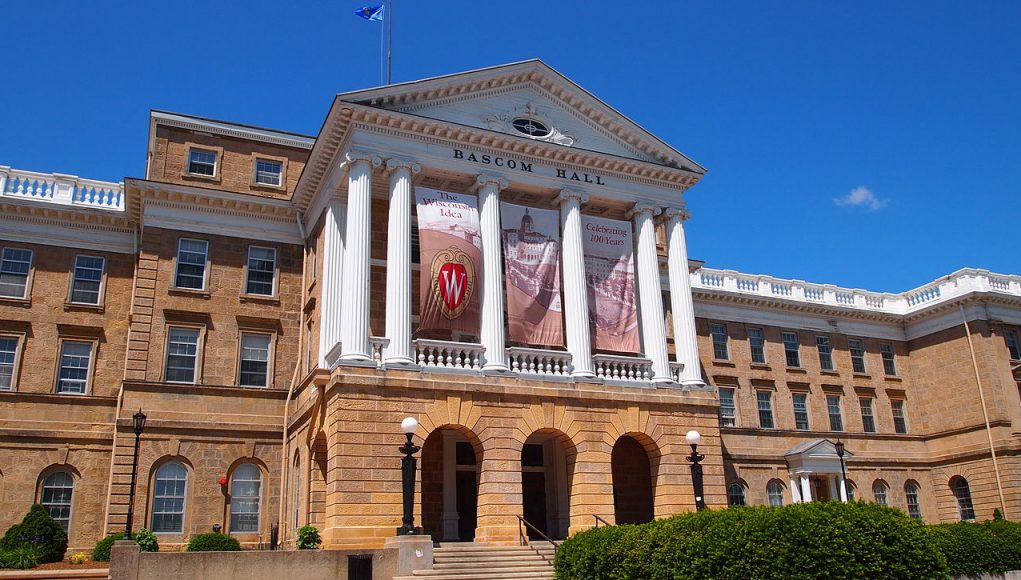The “Our Wisconsin” diversity and inclusion training program piloted with about 1,000 University of Wisconsin-Madison students in 2016 will expand to include nearly every incoming freshman next fall, UW Dean of Students Lori Berquam said Monday in a conference call with reporters.
“Our hope is to capture 90 percent of our incoming new students,” Berquam said, which would increase student participation to about 7,000 students. Berquam said Chancellor Rebecca Blank has approved a budget of about $320,000 — up from $240,000 — for the expanded program. That budget will cover one additional full-time staff, facilitators and student hourly workers.
The training will be attached to the Student Orientation, Advising and Registration (SOAR) program. Students will participate in a one-hour discussion during their SOAR experience over the summer, and then participate in a three-hour discussion and training session in the first week or two of classes with their residence hall community. Each discussion will include about 20-25 students led by three facilitators — two students and one member of the faculty or staff.
Berquam said the Our Wisconsin training will not be mandatory, but “very few students opt out of SOAR or any aspect of SOAR,” and 96 percent of incoming students live in university housing.
Berquam said assessment results from the pilot program support the expansion. The number of students who felt comfortable talking about racial issues increased from 12 before the training to 20 afterward, she said. Similarly the number of students who felt it was important to talk about racial issues increased from 50 to 57 percent.
Even though 57 percent said the conversations are important, many felt last year’s sessions, at about four and a half hours total, were too long, Berquam said. The addition of the one-hour session at SOAR will allow the fall sessions to be cut down to three hours.
Last year’s Our Wisconsin participants also wanted snacks, Berquam said, which will now be provided.
Berquam said there are also plans to engage populations beyond incoming students, including the UW Marching Band, athletic teams, and Greek organizations.

UW Sophomore Nima Cheraghi, who served as a facilitator at last fall’s sessions, is “very optimistic” that the program will have an impact.
“We start by building the most common foundation of what everyone can agree on,” he said. “The first thing we ask is what do students deserve? What does every person deserve?”
He said the most common answers included things like respect, dignity and the right to free expression.
“From that you build on the more difficult topics, looking at perspectives,” he said. “The entire goal is to be able to take this foundation of what most people agree on and have real discourse. Students talk about controversial topics that you can’t talk about at lunch or at your dorm. It’s this one space where we can put our barriers down and really talk to each other.“
Cheraghi agrees that a three-hour discussion is not going to solve all the issues on campus.
“I don’t want Our Wisconsin to be the only thing students have,” he said. “If they’ve never had that conversation I want it to be a start of something they can talk about the rest of their lives.”
Our Wisconsin is one of many initiatives undertaken in recent years at UW in an effort to improve campus climate, especially for students and faculty from underrepresented populations.
Berquam said UW is actively recruiting facilitators for the fall sessions. Applications are due March 1.




























